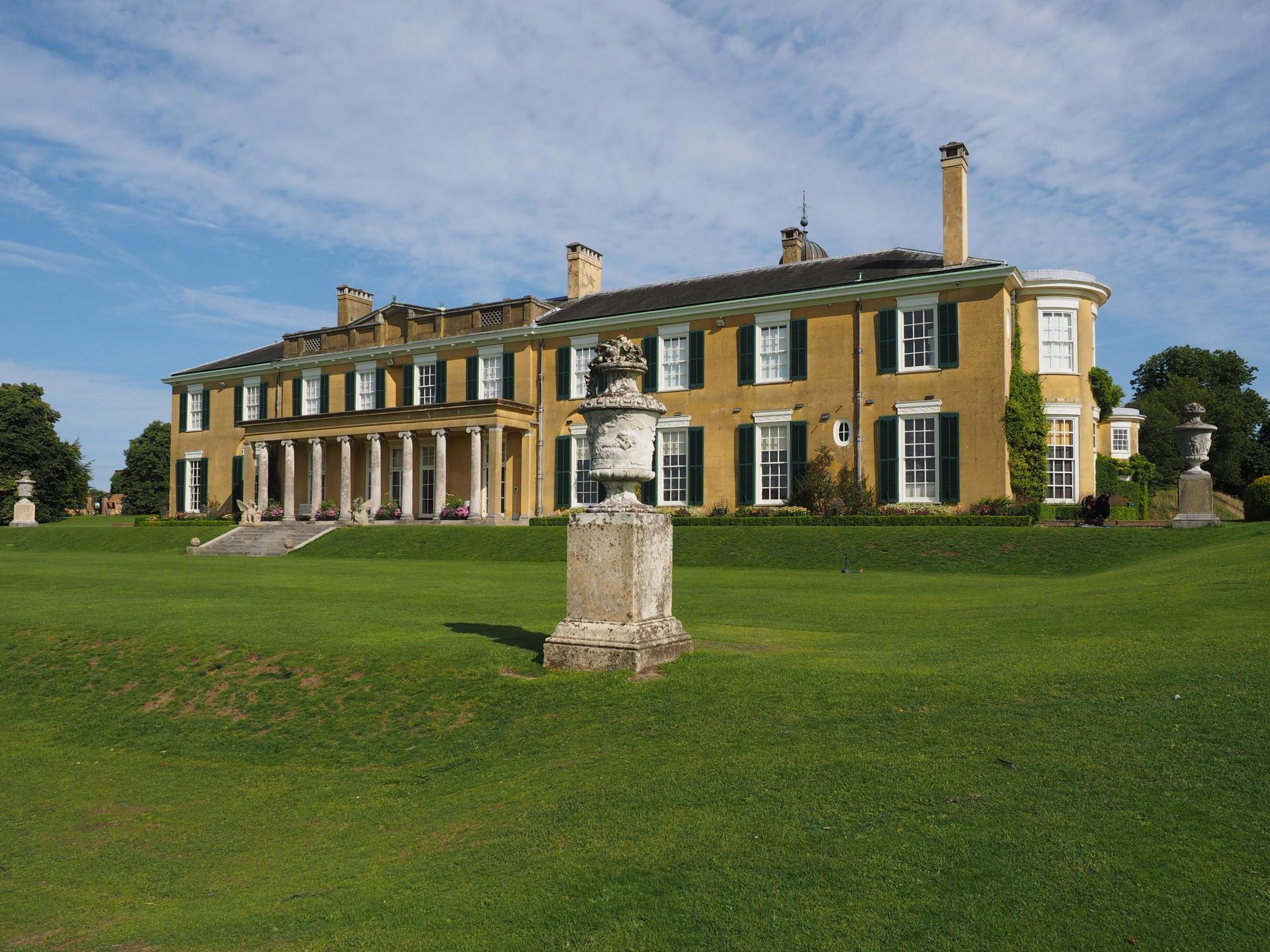This website uses cookies so that we can provide you with the best user experience possible. Cookie information is stored in your browser and performs functions such as recognising you when you return to our website and helping our team to understand which sections of the website you find most interesting and useful.

Members of the National Trust have threatened to cancel their memberships after the organisation acknowledged its links to slavery.
On Sunday, the trust, which counts around 300 historic country houses among its 500 UK properties, shared a thread on Twitter highlighting a series of objects on its sites that have direct and indirect links to slavery and colonialism.
“Many of the places we care for have direct or indirect links to slavery, including objects made from materials obtained by forced labour,” the tweet read.
“Today, as we mark the @UNESCO Day for the Remembrance of the Slave Trade and its Abolition, we take a closer look at these materials.”
In the thread, the trust shared images and background information on objects such as Caribbean mahogany furniture, which it said "came at a human cost" during the 18th century.
“Mahogany trees were felled by enslaved Africans in dangerous virgin rainforest and shipped back to Britain to be made into fine furniture,” the organisation explained.
Among the other objects shared by the trust were chocolate pots, ornate sugar casters and ivory trinkets, the production of which it states all relied on slaves and servants.
The Twitter thread, which received nearly 4,000 likes, was inundated with comments from National Trust members.
While many praised the organisation for highlighting Britain’s involvement in the slave trade, others threatened to cancel their memberships and accused the trust of “getting political”.
“Please do not ‘educate’ or lecture us,” one person wrote. “I go round houses to appreciate furniture, art and gardens. We don’t need to have your view of history forced upon us. We know our past was imperfect - think of the servants who worked there. Steer clear of politics - we go for pleasure.”
Another person added: “Continue down this path and we are cancelling our membership.”
A third person commented: “My DD [direct debit] is cancelled. Our history is what it is. None of us can do anything about the past. Support for the National Trust is based on enjoyment of historical buildings and a wish to help preserve them. I think you've pretty much removed that for me now.”
The National Trust responded to some of the tweets, explaining that links to slavery: “can often bring us face to face with painful and shameful periods in our history, and cause real distress, especially when they aren’t managed sensitively. Destruction can remove the opportunity to understand what’s gone before, now and for future generations.”
In response to the criticism, a National Trust spokesperson also told The Independent: “We’re acutely aware the legacies of slavery and colonialism are reflected in the nations’ places, buildings and collections, including those looked after by the National Trust. We have recently completed a full survey of the places we care for to better understand these links and we will be publishing our findings soon.
“As a conservation organisation we believe the physical legacies of our histories, including buildings and objects, can help us learn from and understand the past.
“We do not accept racism or discriminatory language and are committed to creating a diverse, inclusive and welcoming environment for everyone.”
The trust’s Twitter thread comes as the organisation prepares to share a report exploring its connections of slavery and colonialism to the places it cares for.
“Slavery has been woven into the fabric of British and global history for thousands of years,” the National Trust said. “For 400 years, white British people, companies and organisations gained huge amounts of wealth through the appalling exploitation of enslaved people as part of the slave trade.”
The organisation added that it is working to highlight the challenging histories attached to some of its properties and collections through interpretation and exploration, including by working with Colonial Countryside, a youth-led history and creative writing project run by the University of Leicester.
Tarnya Cooper, collections director for the National Trust, told the Times: “I very much hope that we can interpret these objects effectively and, for the most part, they stay in situ.
“If we marginalise these histories and we take things away and we don’t have the confidence to talk about them, then that shuts down debate.”
The report comes as the recent Black Lives Matter movement has forced many to acknowledge the UK’s involvement in slavery, with protestors pulling down a statue of slave trader Edward Colston in Bristol and dumping it into the harbour.
However, the trust states that while the movement has made it realise it needs “to go much faster” it has been exploring its links at least since the 2007 bicentenary of the abolition of the slave trade.
“It’s not that we haven’t explored this [topic],” John Orna-Orstein, the trust’s director of culture and engagement, previously told the Guardian.
“What I would say is, this moment, the Black Lives Matter movement, has made us realise that we need to go much faster. It is the whole world realising that we have to move more quickly, and we have to move with a bit more determination.”



 Africana55 Radio
Africana55 Radio 

